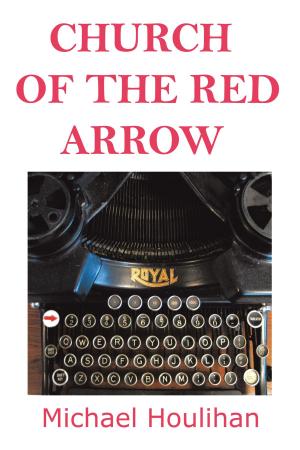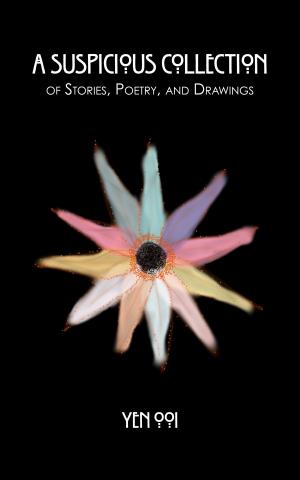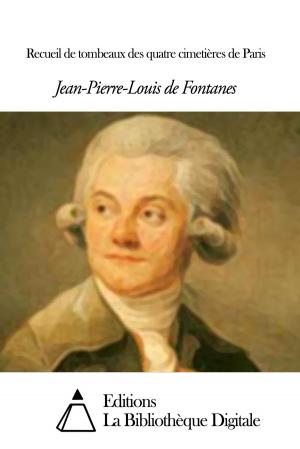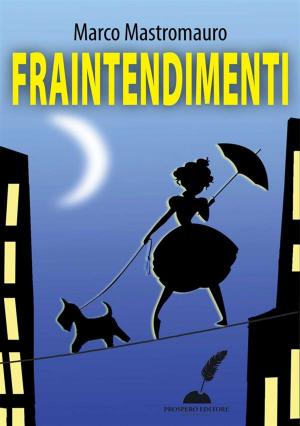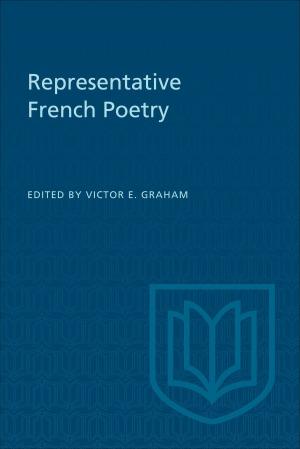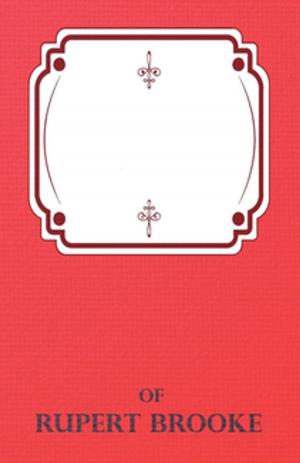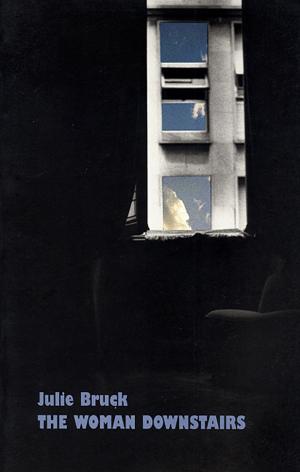| Author: | Trisha Low | ISBN: | 9780984647545 |
| Publisher: | Grimsey Records / Kenning Editions | Publication: | September 5, 2013 |
| Imprint: | Kenning Editions | Language: | English |
| Author: | Trisha Low |
| ISBN: | 9780984647545 |
| Publisher: | Grimsey Records / Kenning Editions |
| Publication: | September 5, 2013 |
| Imprint: | Kenning Editions |
| Language: | English |
Trisha Low is just another feminist, confessional writer trying to find a good way to deal with all her literary dads. She siphons the remix culture of social media into the binge and purge cycle of an engrossing read, with the emphasis on gross. She reads the diaries of teenage girls, their blog comments and love letters; she dresses like one in performance then throws up fake blood on herself. She once surveyed the reactions of Catholic fathers to scripted confessionals she made regarding rough sex with men, secretly recorded the conversations, and transcribed the tapes. The results were anthologized by a major university press. Her first book, THE COMPLEAT PURGE, consists of the last will and testament of one Trisha Low, who seems to commit suicide annually; the legal documents accumulate into a coming of age story. It goes on to chronicle the sexual fantasies of indie rock fangirls, who may or may not be exorcising the effects of abuse through their blithe avatars (the guy from The Strokes, etc.). Then Trisha Low finds herself trapped in an 18th century romance novel in the most punishing way, but for whom—we're not really sure.
How is Poetry complicit in the urge to falsely ‘heal’ societal wounds into the silent fixity of It Gets Better? What better place to look than the teen girl, whose cut wrist is an abject fuck-you; whose cute Band-Aid and its artificial ‘healing’ is really just your sentimental fantasy.
“Trisha Low is always dying. Age, place, fictional rendering—all are subsumed to an origin already negated. She and her doubles evacuate with unmoving horror their teenage mania, displacing it, emptying the identities about whom its despair circulates. Once, maybe, this Trisha Low generated bodily heat, ate breakfast, loved and desired. No more. The Compleat Purge razes its confessional charms like effigies, foreclosing Low’s final vixi to her own secrets before they too are obliterated in time immemorial. ‘He had gone from her sight, he had not lifted his bowed head, he had not looked back.’”—J. Gordon Faylor
Trisha Low is just another feminist, confessional writer trying to find a good way to deal with all her literary dads. She siphons the remix culture of social media into the binge and purge cycle of an engrossing read, with the emphasis on gross. She reads the diaries of teenage girls, their blog comments and love letters; she dresses like one in performance then throws up fake blood on herself. She once surveyed the reactions of Catholic fathers to scripted confessionals she made regarding rough sex with men, secretly recorded the conversations, and transcribed the tapes. The results were anthologized by a major university press. Her first book, THE COMPLEAT PURGE, consists of the last will and testament of one Trisha Low, who seems to commit suicide annually; the legal documents accumulate into a coming of age story. It goes on to chronicle the sexual fantasies of indie rock fangirls, who may or may not be exorcising the effects of abuse through their blithe avatars (the guy from The Strokes, etc.). Then Trisha Low finds herself trapped in an 18th century romance novel in the most punishing way, but for whom—we're not really sure.
How is Poetry complicit in the urge to falsely ‘heal’ societal wounds into the silent fixity of It Gets Better? What better place to look than the teen girl, whose cut wrist is an abject fuck-you; whose cute Band-Aid and its artificial ‘healing’ is really just your sentimental fantasy.
“Trisha Low is always dying. Age, place, fictional rendering—all are subsumed to an origin already negated. She and her doubles evacuate with unmoving horror their teenage mania, displacing it, emptying the identities about whom its despair circulates. Once, maybe, this Trisha Low generated bodily heat, ate breakfast, loved and desired. No more. The Compleat Purge razes its confessional charms like effigies, foreclosing Low’s final vixi to her own secrets before they too are obliterated in time immemorial. ‘He had gone from her sight, he had not lifted his bowed head, he had not looked back.’”—J. Gordon Faylor

